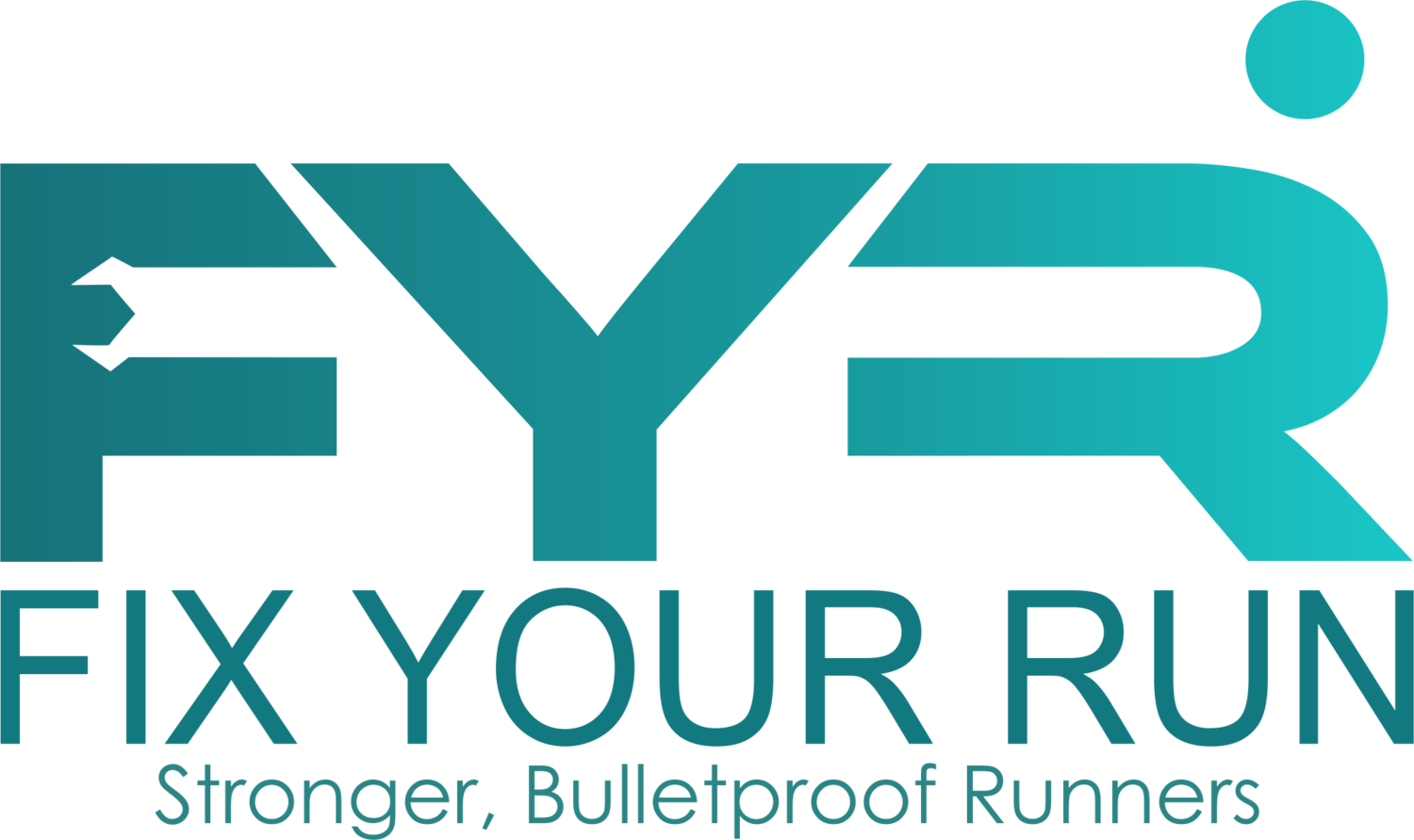 Special thanks to Dr. Gabe Mirkin for the following report. My comments are in italics.
The headline reads: "Coconut Water Is an Excellent Sports Drink" (Science Daily, August 20, 2012; presented at the 244th National Meeting & Exposition of the American Chemical Society (ACS) in Philadelphia). The author states:
Special thanks to Dr. Gabe Mirkin for the following report. My comments are in italics.
The headline reads: "Coconut Water Is an Excellent Sports Drink" (Science Daily, August 20, 2012; presented at the 244th National Meeting & Exposition of the American Chemical Society (ACS) in Philadelphia). The author states:
"Coconut water is a natural drink that has everything your average sports drink has and more. It has five times more potassium than Gatorade or Powerade. Whenever you get cramps in your muscles, potassium will help you to get rid of the cramps. It's a healthy drink that replenishes the nutrients that your body has lost during a moderate workout."
This flies in the face of everything I have learned about potassium:
* POTASSIUM DEFICIENCY IS NOT A PROBLEM IN HEALTHY EXERCISERS.
In 1967, Dave Costill of Ball State University tried to create potassium deficiency in runners. He couldn't do it because potassium is found in all foods except refined sugar, and his athletes would not stay on a diet that consisted only of hard candy. The kidneys and sweat glands conserve potassium so well that you don't lose much. If an athlete develops potassium deficiency, it is usually caused by drugs, such as diuretics or corticosteroids, or by diarrhea or repeated vomiting.
Some athletes try to control their weight by making themselves vomit. This is called bulemia, and the person usually denies vomiting. Their physicians can prove that they are vomiting by ordering blood and urine tests. If blood levels of potassium are low and urine levels are high, vomiting is the likely cause.
* POTASSIUM DEFICIENCY IS NOT A USUAL CAUSE OF CRAMPS OR TIREDNESS IN EXERCISERS.
Tiredness and cramps in athletes can have many causes, but lack of potassium in the diet is not one of them. Athletes who are tired and suffer frequent muscle cramps need an evaluation for other causes of chronic tiredness. If none can be found, the athlete may be overtraining and should talk to the coach or a personal trainer about changing workouts.
In my experience, muscle cramping RARELY occurs during practice or training. Why is this?
During a race runners are tempted to run faster than the have trained to run! They reach mile 20-23 of the marathon and have accumulated too much muscle damage which causes the cramps. The short answer is to simply pace yourself better. A slow start ensures a happy finish to your race!
If it was only electrolytes that were the issue, you'd experience cramping 'system wide'. That is, even the “non-running” muscles would cramp.
 * THE ONLY MINERAL THAT EXERCISERS NEED TO REPLACE IS SODIUM, COMMON TABLE SALT.
* THE ONLY MINERAL THAT EXERCISERS NEED TO REPLACE IS SODIUM, COMMON TABLE SALT.
The definitive studies on minerals and exercise were done during World War II. Dr. James Gamble of Harvard Medical School paid medical students to lie on rafts in his swimming pool, taking various amounts of fluids and salt and having blood drawn to measure salt and mineral levels. He showed that you have to take a lot of salt when you exercise for several hours, particularly in hot weather.
For many years after that, students at Harvard Medical School heard Dr. Gamble give his lectures on minerals and exercise, and today, most serious students still read the Gamble lectures published in 1958 by The Harvard University Press. Now, more than sixty years later, nobody has improved on his research.
After Gamble published his studies, people who worked or exercised in hot weather were given salt tablets. Then doctors became concerned because they thought that a person could have his blood pressure raised by taking in too much salt, so they recommended restricting salt, causing many people to suffer heat stroke and dehydration during hot weather exercise.
A low-salt diet does not lower high blood pressure for most people. A high-salt diet causes high blood pressure usually only in people with high blood insulin levels. Eating salty foods and drinks when you exercise for more than two hours is unlikely to raise blood pressure. We don't recommend salt tablets because they can cause nausea and vomiting, but you can use table salt or any salty food.
If you don't take salt and fluids during extended exercise in hot weather, you will tire earlier and increase your risk for heat stroke, dehydration and cramps. We eat heavily-salted potato chips or peanuts and drink fluids at least every 15 minutes when we ride in hot weather. Potassium deficiency doesn't occur in healthy athletes. The only mineral that athletes need to take when they exercise is salt.
If you like the taste of coconut water, it is a perfectly satisfactory fluid to take during exercise, but don't believe claims that it has any special benefits as a sports drink. If you use it during intense exercise, you will need other sources of sugar and salt.
Again, thanks to Dr. Mirkin for setting the record straight regarding potassium. It's amazing the influence MARKETING can have on our beliefs and indeed it can seem like an uphill battle to learn the truth about training and nutrition. For (much) more on the truth about sports drinks, see this excellent article.
Speaking of which, anybody still wear a “Power Balance” bracelet? ;-)
